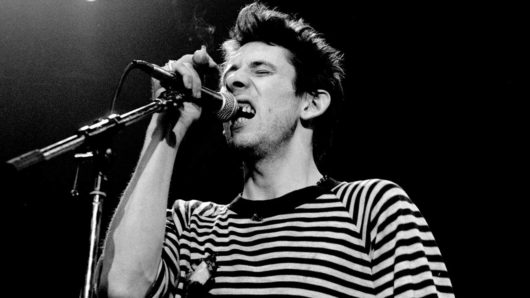“I think people are more interesting than plot,” the late director John Hughes said in 1986. “My movies aren’t so much what happens, but how it happens.” The best John Hughes movies don’t have labyrinthine storylines nor sweeping cinematography. Instead, these films tell of minutiae and barely-perceptible peer dynamics – and they do so with a heart that’s unique in US cinema, while also using music in a way that makes many song choices as memorable as the scenes they soundtrack.
John Hughes was a writer first, and this list of the best John Hughes movies contains works that he has written as well as those he has directed. Hughes would often write quickly – especially during the 80s, the decade in which he built his fame. “When I did Ferris Bueller’s Day Off,” he said in 1985, “I had the idea on Monday and the following Tuesday it was in budget at Paramount.” He wrote the script in less than a week.
Although John Hughes has made films aimed at adult and family audiences, it will always be his teen-oriented work that is most beloved. “It can be hard to remember how scarce art for and about teenagers was before John Hughes arrived,” Molly Ringwald, who starred in many of these films, has said. The candour of these movies, and their respectful tone towards adolescents, changed the portrayal of teenagers on screen forever.
This was matched by the music used in the best John Hughes movies. Often featuring alternative or new-wave artists – exactly the kind of songs his characters would have listened to – they soundtracked some memorable moments throughout his films. Tarquin Gotch, Hughes’ music supervisor during the 80s, has said that this was very personal to Hughes. “Having import music and alternative music in high school gave him a credibility that the jocks didn’t have,” Gotch revealed in 2023. “So it very much was his badge. And that stayed throughout his life.”
Here, then, are the best John Hughes movies – and the musical moments that became pop-cultural touchstones.
Best John Hughes Movies: 10 Classic Films And Their Memorable Songs
10: ‘Sixteen Candles’ (1984)
John Hughes’ first film as director, Sixteen Candles, ushered in a new era of teen movie – one in which anxieties, sexual insecurity and the outsized impacts of what your friends think were writ large on the cinema screen. “I was not Jake,” Hughes said in 1984, when discussing his own teenage past, as compared to the characters he created. “I was much more geek-like. Did not have a car. Did not have those cheekbones. I had to make my way by moving fast and lying a lot.”
However, watching Sixteen Candles today – despite its respect for the awkward and compassion for the nerds – is uncomfortable. The exchange-student character Long Duk Dong is perilously close to a stereotype, and date rape is treated as a punchline. Molly Ringwald, who plays Sam in Sixteen Candles, has reflected on watching the film more recently. “Times were different and what was acceptable then is definitely not acceptable now and nor should it have been then, but that’s sort of the way it was,” she has said. “I feel very differently about the movies now, and it’s a difficult position for me to be in because there’s a lot I like about them.”
Soundtrack highlight: David Bowie: Young Americans
Music suffuses Sixteen Candles, accurately representing how all-encompassing pop can feel to teenagers. The title track from the Young Americans album, David Bowie’s “plastic soul” masterpiece, plays during the build-up to the marriage of Sam’s sister.




